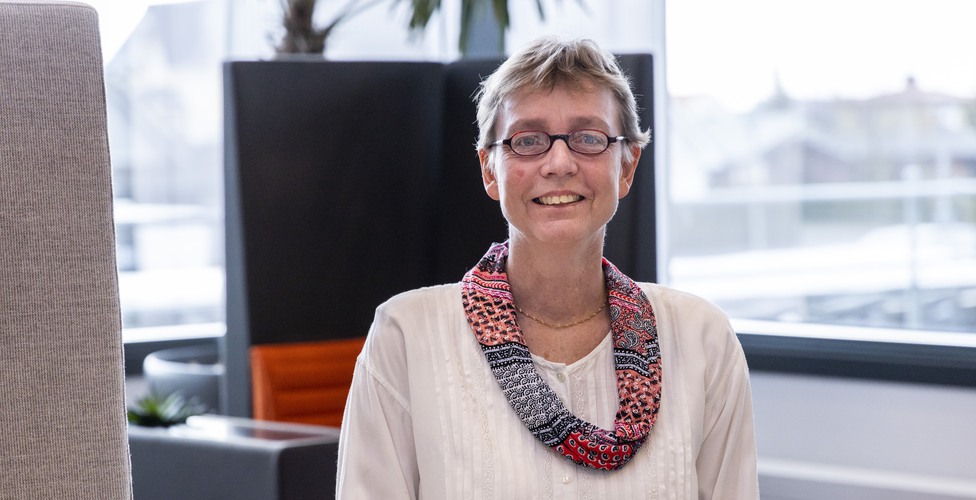Kristina Carlén
School of Health Sciences
Kristina Carlén defends her thesis "Predictors of mental health in adolescents – with a salutogenic perspective".

The dissertation will be held at the University of Skövde, and is also live streamed on Zoom.
Join the live stream
https://his-se.zoom.us/j/69487609192?pwd=TU55cDI2RGxkYkV3T2tvejI4QXYwQT09
Mental health in adolescence is an increasing public health concern. Over half of all mental disorders debut by 14 years of age and remain largely untreated for several years, which underlines the importance of early detection. Mental health is a complex concept that consists of both mental well-being and mental ill-health (including mental health problems and mental disorders). However, the development of mental health during the transition period from childhood to adulthood is dependent on the coping strategies used to meet everyday stressors. Therefore, the framework is salutogenic, looking at the world from a resource perspective to promote mental well-being. However, finding predictors also include identifying risk factors of mental ill-health.
The overall aim of the thesis was to investigate predictors of mental health in adolescents from a longitudinal perspective. The Finnish Family Competence (FFC) study was used with adolescents at 15 years of age and their parents, with a follow-up three years later. Also, Swedish data material was used, The Longitudinal Research on Development In Adolescence (LoRDIA) with adolescents at 12-13 years and a follow-up at 17 years. In substudies I, II, and III the outcome was a probable mental health diagnosis determined by a standardised Development and Well-being Assessment (DAWBA) interview. In sub-study IV the outcome was perceived mental health status (MHS).
Strong sense of coherence was associated with a decreased risk for subsequent mental disorders (sub-study I) and moderate self-esteem was inversely associated with subsequent mental well-being (sub-study IV). Further, low levels of mental health problems reported by the adolescents (sub-study II) or by their parents (sub-study III) were related to a decreased risk for subsequent mental disorders. The results revealed a gender aspect as girls reported more internalising mental health problems and showed a higher probability of mental disorders. Other factors indicating an increased risk of mental ill-health were parental low age at childbirth and socioeconomic factors such as the mother’s low educational level, father’s blue-collar profession, and a poor economic situation in the family.
The results of the thesis contribute to the importance of a salutogenic approach when dealing with mental health in adolescence to identify coping resources for stressors in Antonovsky’s ‘River of Life’. The school might be an arena for creating interventions with a resource perspective for strengthening sense of coherence and self-esteem, and for alleviating perceived mental health problems.
Sakari Suominen, Professor, University of Skövde
Lilly Augustine, Associate Professor, Jönköping University
Matti Sillanpää, Professor, University of Turku
Einar Røshol Heiervang, Professor, Oslo University
Pernilla Garmy, Associate Professor, Kristianstad University
Eva Henje, Associate Professor, Umeå University
Staffan Bengtsson, Associate Professor, Jönköping University
Peter Anderberg, Professor, University of Skövde